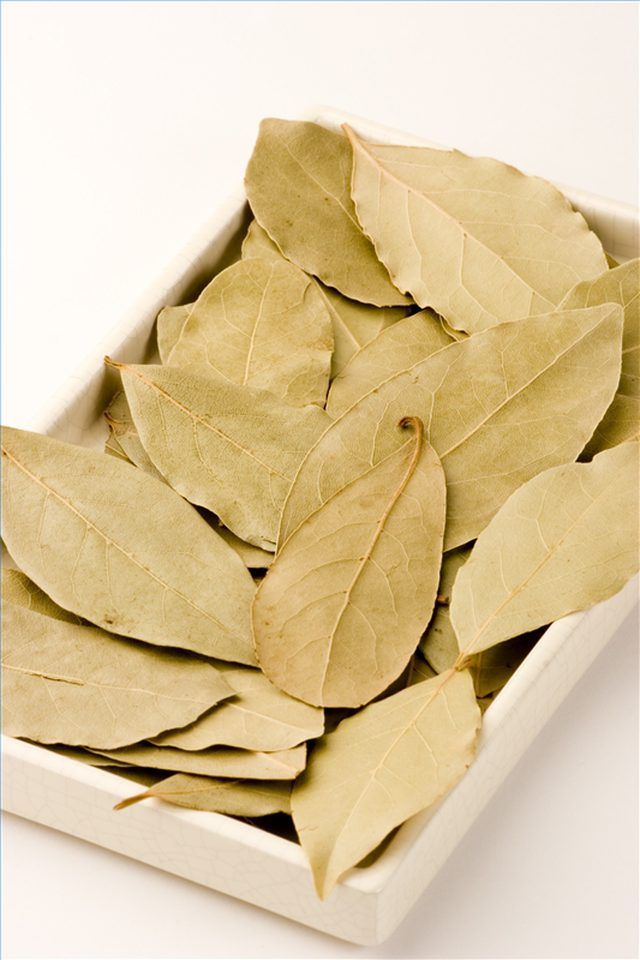Bulbs
Flower Basics
Flower Beds & Specialty Gardens
Flower Garden
Garden Furniture
Garden Gnomes
Garden Seeds
Garden Sheds
Garden Statues
Garden Tools & Supplies
Gardening Basics
Green & Organic
Groundcovers & Vines
Growing Annuals
Growing Basil
Growing Beans
Growing Berries
Growing Blueberries
Growing Cactus
Growing Corn
Growing Cotton
Growing Edibles
Growing Flowers
Growing Garlic
Growing Grapes
Growing Grass
Growing Herbs
Growing Jasmine
Growing Mint
Growing Mushrooms
Orchids
Growing Peanuts
Growing Perennials
Growing Plants
Growing Rosemary
Growing Roses
Growing Strawberries
Growing Sunflowers
Growing Thyme
Growing Tomatoes
Growing Tulips
Growing Vegetables
Herb Basics
Herb Garden
Indoor Growing
Landscaping Basics
Landscaping Patios
Landscaping Plants
Landscaping Shrubs
Landscaping Trees
Landscaping Walks & Pathways
Lawn Basics
Lawn Maintenance
Lawn Mowers
Lawn Ornaments
Lawn Planting
Lawn Tools
Outdoor Growing
Overall Landscape Planning
Pests, Weeds & Problems
Plant Basics
Rock Garden
Rose Garden
Shrubs
Soil
Specialty Gardens
Trees
Vegetable Garden
Yard Maintenance
Narcotic Effects of Bay Leaves
Narcotic Effects of Bay Leaves. Fresh bay leaves have long been known to have a narcotic effect when eaten in large amounts. Despite their homely place in spice cabinets today, in ancient times they were associated with the Greek god Apollo and given a key place in ritual soothsaying. They also play a role in traditional folk medicine.

Fresh bay leaves have long been known to have a narcotic effect when eaten in large amounts. Despite their homely place in spice cabinets today, in ancient times they were associated with the Greek god Apollo and given a key place in ritual soothsaying. They also play a role in traditional folk medicine.
History
The origin of bay leaves goes all the way back to ancient Greece. Also known as laurel leaves, they were considered to be sacred. The oracle at Delphi would chew on bay leaves in order to invoke divine inspiration. The myth about bay laurel was that a beautiful woman named Daphne, who was being sought by the god Apollo, begged her father, the river god Peneus, to save her from Apollo's relentless pursuit. In response, Peneus transformed Daphne into a laurel tree. The original oracles of Delphi were also said to have sprouted from a laurel tree.
The Science
The word narcotic doesn't necessarily imply an illegal drug. Narcotic is derived from the Greek word narkos, meaning sleep. This explains the bay leaf's ability to induce a trancelike, semiconscious state during a ritual. Narcotics also have the ability to relieve pain or numb an area of the body. This works because narcotic substances bind to painkilling sites in the brain, thus slowing down the uptake of neurotransmitters like dopamine between neurons. A reduction in pain results, as well as drowsiness and a feeling of well-being. In order for this to happen, you would have to eat a large amount of fresh bay leaves.
Medicinal Uses
The leaves, fruit and essential oil of the bay tree have long been used in folk medicine. In addition to its narcotic effects, bay leaves have anti-fungal, antiseptic, astringent, anti-cancer, stimulative and digestive properties. They have been used as a treatment for influenza, respiratory problems and also to stimulate appetite.
Culinary Uses
Fresh bay leaves have a pungent aroma and bitter flavor, which are less intense when dried. They are often used in soups, as well as in seasoning poultry. Because of their strong flavor and smell, they are usually removed from the dish before serving, unless crumbled finely.
Considerations
As with any narcotic substance, consult a medical practitioner before attempting to use bay leaves as a narcotic. The resulting effects will vary from person to person, as one person's sensitivity may be more or less than that of another.